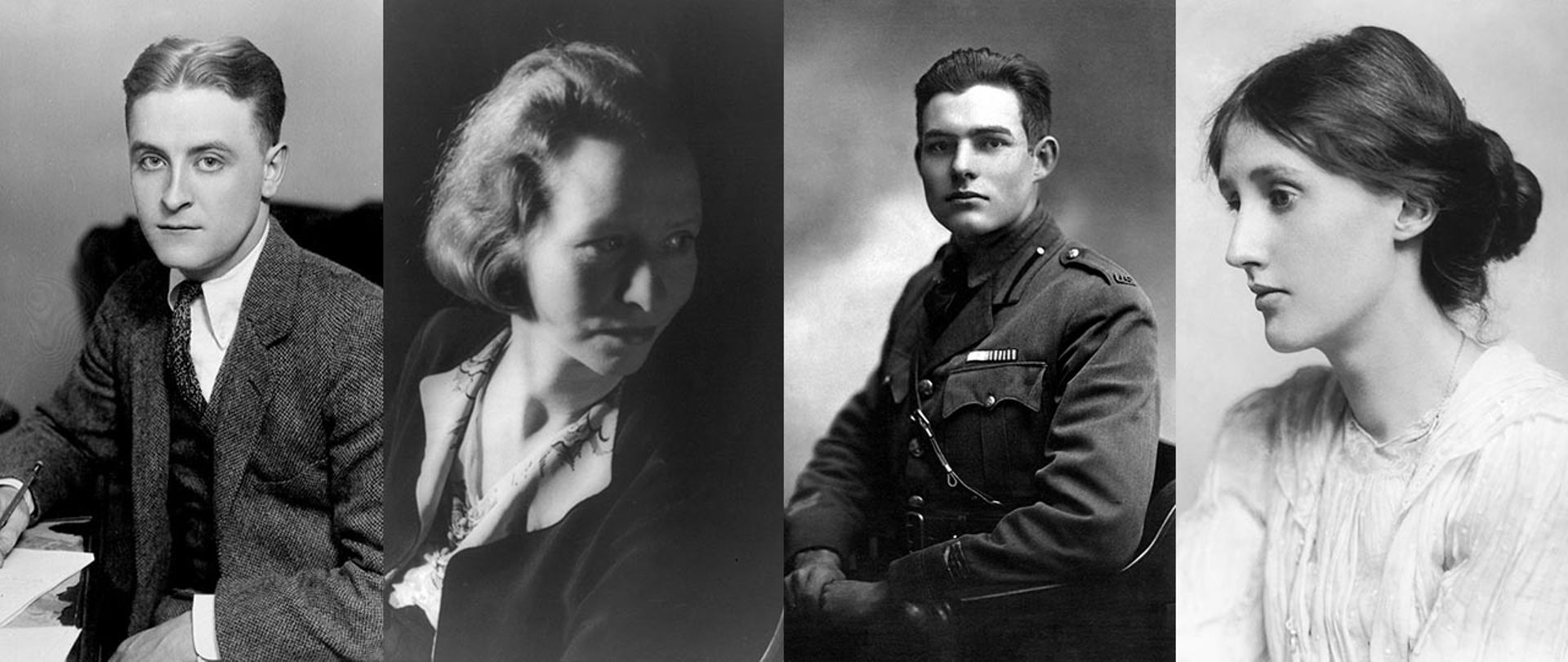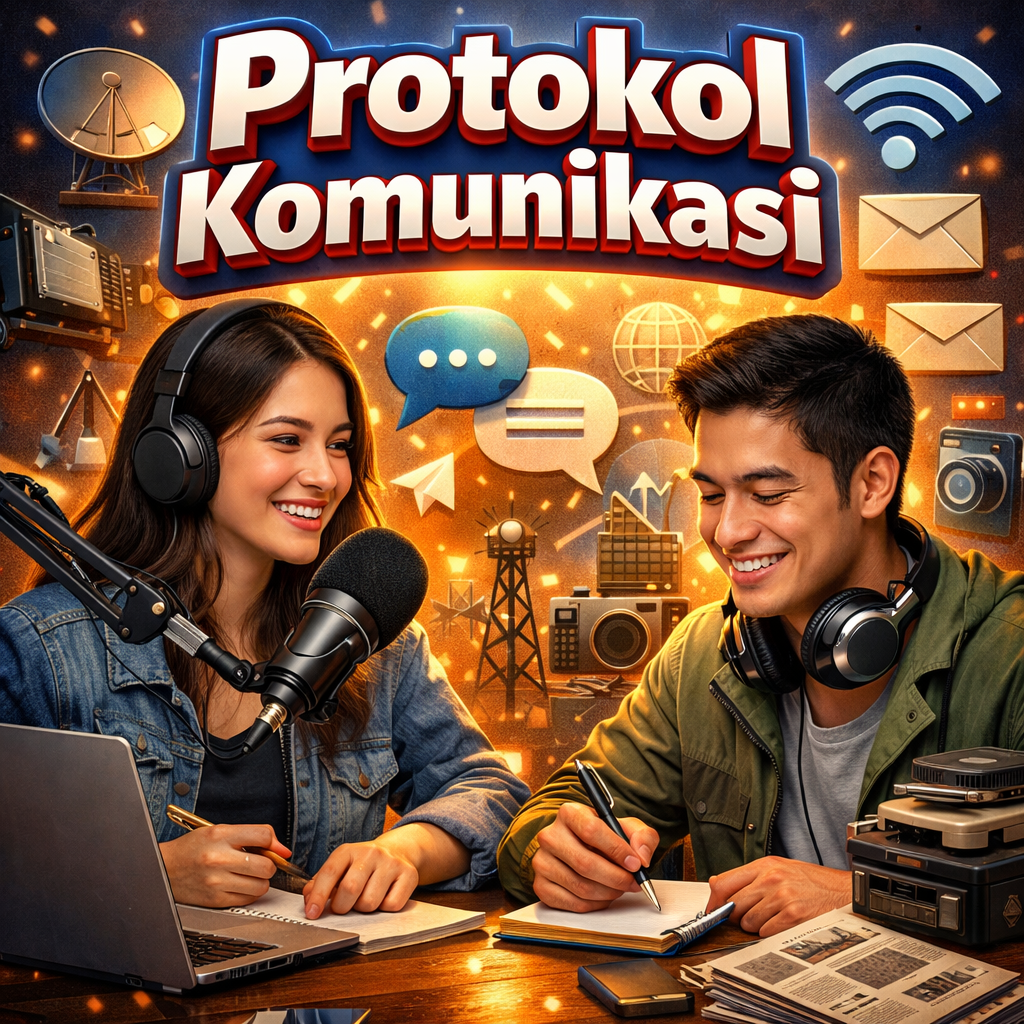
The Lost Generation refers to the writers and artists who came of age during or after World War I, grappling with the disillusionment, trauma, and moral decay of the postwar world. This term, popularized by Gertrude Stein and later associated with Ernest Hemingway, captures the feelings of aimlessness and alienation experienced by a generation deeply affected by the war’s destruction.
Writers such as F. Scott Fitzgerald, Ernest Hemingway, T.S. Eliot, and John Dos Passos portrayed a world struggling with identity, lost values, and the search for meaning in a society that had been forever altered. Their works shaped modernist literature and reflected a new literary voice—disillusioned, introspective, and brutally honest.
The Origins of the Lost Generation

- The phrase “Lost Generation” was coined by Gertrude Stein, referring to the young men and women whose youth and ideals were shattered by World War I (1914-1918).
- The war left millions dead, cities in ruins, and entire societies questioning traditional beliefs.
- The 1920s, often called the “Roaring Twenties,” saw a rise in materialism, excess, and social change, but also deep dissatisfaction.
- Many American expatriates settled in Paris, seeking artistic freedom and intellectual stimulation in a world that felt meaningless.
Key Themes of Lost Generation Literature
- Disillusionment & Cynicism – The war shattered traditional values, leading to a sense of purposelessness.
- The Search for Meaning – Characters often wander, questioning existence and the modern world.
- Alienation & Expatriation – Many writers set their works abroad, reflecting their own disconnect from American society.
- Excess & Decadence – Works explored the emptiness of wealth, parties, and superficial success.
- Modernist Experimentation – Fragmented narratives, stream-of-consciousness writing, and non-linear storytelling became popular.
Key Writers & Their Works
1. Ernest Hemingway (1899–1961)
✔ Wrote in a concise, direct style (“Iceberg Theory”).
✔ His works captured themes of war, masculinity, and existential struggle.
📚 Major Works:
- The Sun Also Rises (1926) – A novel about disillusioned expatriates in Spain, exploring the effects of war and aimless living.
- A Farewell to Arms (1929) – A tragic love story set during WWI, reflecting war’s futility and loss.
- For Whom the Bell Tolls (1940) – Examines duty, sacrifice, and violence in the Spanish Civil War.
📜 Famous Quote:
“You are all a lost generation.” – Gertrude Stein (quoted by Hemingway)
2. F. Scott Fitzgerald (1896–1940)
✔ Portrayed the glamour and emptiness of the Jazz Age.
✔ His works explored themes of materialism, lost dreams, and unfulfilled love.
📚 Major Works:
- The Great Gatsby (1925) – A critique of the American Dream, excess, and lost idealism.
- Tender Is the Night (1934) – Explores mental illness, expatriate life, and fading youth.
- This Side of Paradise (1920) – A novel about postwar restlessness and youthful disillusionment.
📜 Famous Quote:
“So we beat on, boats against the current, borne back ceaselessly into the past.” – The Great Gatsby
3. T.S. Eliot (1888–1965)
✔ Revolutionized poetry with fragmented, symbolic, and introspective themes.
✔ His works reflected spiritual emptiness and cultural decay.
📚 Major Works:
- The Waste Land (1922) – A masterpiece of modernist poetry, depicting a world broken by war and disillusionment.
- The Love Song of J. Alfred Prufrock (1915) – A reflection on paralysis, regret, and the failure of modern man.
📜 Famous Quote:
“April is the cruellest month, breeding lilacs out of the dead land…” – The Waste Land
4. John Dos Passos (1896–1970)
✔ Innovative modernist writer, blending journalism, fiction, and historical narrative.
✔ His works captured political disillusionment and societal changes.
📚 Major Works:
- U.S.A. Trilogy (The 42nd Parallel, 1919, The Big Money) – A sweeping critique of American capitalism, war, and social upheaval.
- Three Soldiers (1921) – An anti-war novel exposing the brutality and psychological effects of WWI.
📜 Famous Quote:
“We are two nations… the rich and the poor.”
The Impact of the Lost Generation on Literature
🌎 Global Influence – These writers shaped modernist literature worldwide, influencing later generations.
✍ New Writing Styles – Introduced stream-of-consciousness narration, fragmented storytelling, and minimalist prose.
🎭 Explored Psychological Depths – Characters became more introspective, flawed, and existentially uncertain.
🔍 Critique of the American Dream – Many works questioned success, materialism, and happiness in modern society.
Criticism of the Lost Generation
- Elitism & Privilege – Many writers came from wealthy backgrounds, leading to claims of elitist perspectives.
- Pessimism & Nihilism – Critics argue their works were overly cynical and lacked hopeful resolutions.
- Gender & Racial Blind Spots – Many Lost Generation works focused on white, male perspectives, often ignoring broader social struggles.
The Lost Generation’s Legacy Today
The themes of disillusionment, identity crises, and societal decay remain relevant in contemporary literature and culture. Writers like George Orwell, Sylvia Plath, and Bret Easton Ellis draw on similar themes of alienation, post-war trauma, and moral collapse.
📺 Modern Influences:
- Midnight in Paris (2011) – A film featuring Hemingway, Fitzgerald, and Gertrude Stein.
- Mad Men (TV Series) – A look at postwar Disillusionment and Materialism.
- The Catcher in the Rye (J.D. Salinger) – A spiritual Successor to Lost Generation themes.
Final Thoughts: A Generation Defined by War & Words
The Lost Generation Reshaped in literature knowledge, Capturing the Disillusionment, excess, and Existential questions of a world Recovering from war. Their works continue to Resonate today, Reminding us of the Fragility of dreams, the weight of history, and the eternal search for meaning.
🌎 Which Lost Generation work has impacted you the most? Share your thoughts below! 📖✨







